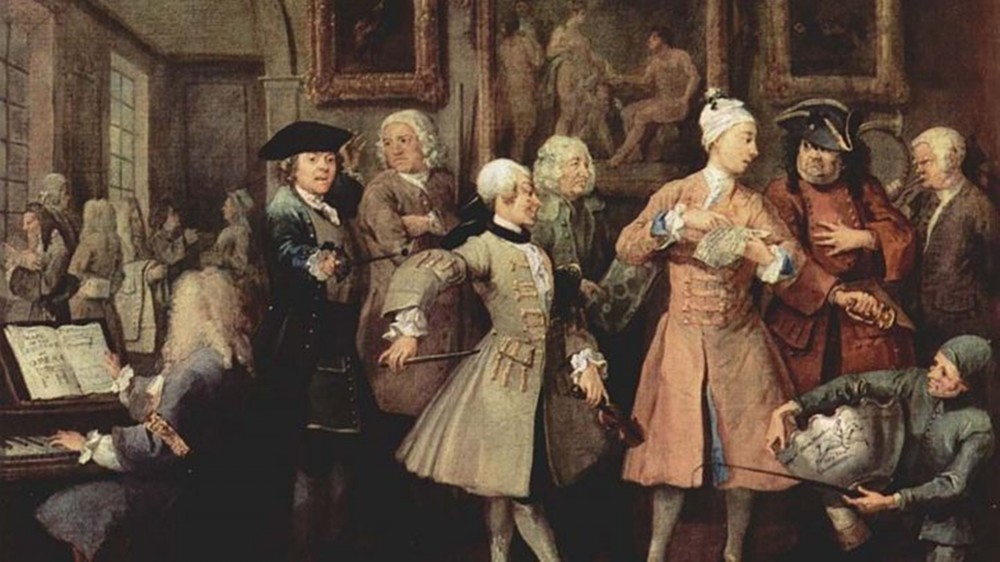
This article discusses the problem of why there was a constant demand for ennoblement in seventeenth — and eighteenth-century Central Europe, even though those who aspired to it had little or no prospect of integration into the established feudal nobility. Nobility was first and foremost an ideological concept closely connected to power and rule. The Holy Roman emperors ennobled persons who exercised power precisely because, in the premodern social order, the exercise of power was a prerogative of the nobility. However, the newly ennobled had only their title in common with the old aristocratic families and rarely attained the other privileges enjoyed by these families. For this reason, the emperors’ practice of ennoblement gradually reshaped the nobility as a whole and simultaneously the ideological notion of nobility. Certainly, ennoblement still served a strategic purpose in the context of social advancement. Particularly for civil servants and military officers, it was the most effective means of preserving their newly acquired status for their descendants and possibly establishing their families in a new bureaucratic and military hereditary elite, which in some places coexisted with the old aristocracy. The central element of the new ideological concept was the notion of the nobility as a hereditary ruling class, both qualified for and entitled to the exercise of power on account of inherited superiority.
Source: Margreiter K. (2019) The Notion of Nobility and the Impact of Ennoblement on Early Modern Central Europe. Central European History. Vol. 52. Is. 3: 382-401
Number of views: 4289